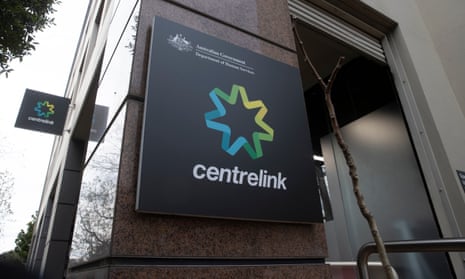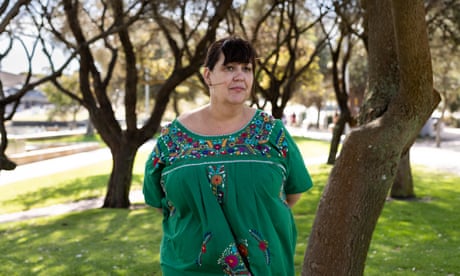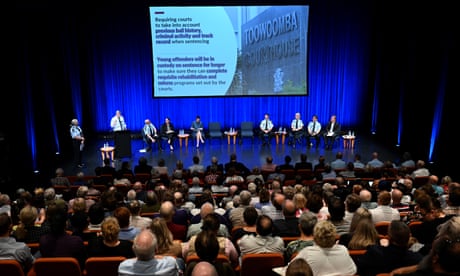
Former staffer to the human services minister unable to say what action he took over a review that raised issues with the scheme.
Mon 27 Feb 2023 19.23 AEDT
Last modified on Mon 27 Feb 2023 19.24 AEDTThe inquiry on Monday heard Andrew Asten, who worked as chief of staff to the former human services minister during the scandal in 2017, and Mark Wood, senior adviser, failed to ask departmental officials about the scheme’s legality.
The commission is investigating why the Centrelink debt scheme was allowed to run between July 2015 and November 2019, ending in a $1.8bn settlement with hundreds of thousands of victims, despite Department of Social Services lawyers warning it would be unlawful.
Asten faced tough questioning from senior counsel assisting, Justin Greggery KC, who accused him of turning a blind eye to problems with the program.
Asten told the inquiry the department was “confident” in its briefings, but could not say there was a specific briefing on the scheme’s legality. That was despite the scheme facing claims in the media that it was unlawful in early 2017.
Greggery asked him: “Did you ever double check to say, ‘have you got advice on this?’”
Asten replied: “Firstly, no I did not ask that question. And, secondly, nor is it within the ambit of a chief of staff to a minister that was not the policy minister.”
Asten said he had been told by departmental officials that the “income averaging” method central to the scheme was a “longstanding practice”.
The commissioner, Catherine Holmes AC SC, said the practice of burglary was also “longstanding”, while Greggery said Asten would have known that this would not offer any legal assurance because he was a lawyer. Asten accepted this.
Wood, who now works for the opposition leader, Peter Dutton, also told the royal commission he was told averaging was a longstanding practice, but he did not ask whether it was lawful.
“Rightly or wrongly, I did not dig any further than that,” he said.
Asten was also unable to say what action he took in response to a PricewaterhouseCoopers review of the robodebt program that raised issues with the scheme. The review, worth nearly $1m, was never finalised and Asten said he could not recall ever checking to see what happened to it.
Greggery said: “One view is that you were well aware that the report would describe deep flaws in this scheme … which really indicated the scheme should be stopped. It was so deeply flawed, and you did not want to see it?”
Asten replied: “I completely reject that.”
Tudge previously told the commission he did not seek advice or assurance on robodebt scheme’s legality and rejected that the department’s failure to check its lawfulness was his responsibility.
The commission also heard on Monday from two lawyers who were asked to look at the unlawful program’s legality when it exploded into public view in early 2017.
Mark Gladman, a former deputy general counsel at the Department of Human Services, told the commission that after researching the government’s legal position he believed it was “weak”.
Gladman said he advised his superior at the time, the acting chief counsel Lisa Carmody, that the department should seek the Australian Government Solicitor’s opinion on the program.
The inquiry was shown draft instructions that Gladman and colleagues had prepared for the AGS. Ultimately, the AGS did not end up providing a legal opinion until late March 2019, more than two years later. It said then the scheme was likely unlawful.
Carmody, who was acting in the role in early January, told the commission on Monday she had brief discussions with the Australian Government Solicitor before her usual boss, Annette Musolino, resumed in the role.
Carmody told the inquiry she likely provided a DHS deputy secretary, Sue Kruse, with a document outlining the legal branch’s concerns about the scheme. A version of the document included a note stating it had been provided to Kruse.
Kruse said she could not recall ever receiving those documents nor being told about the legal branch’s concerns about the scheme. She said if she had been made aware of those concerns, she would have acted on them.
Counsel assisting the commission, Angus Scott KC, said it was “quite strange” Kruse had no recollection of whether she had been made aware of the legal issues, but Kruse maintained she could not recall.
Carmody said she also provided hard copies of the documents – including Gladman’s team’s draft advice on the scheme – to Musolino when she returned from leave in January 2017. Musolino is expected to appear again at the royal commission this week.
The inquiry continues.






